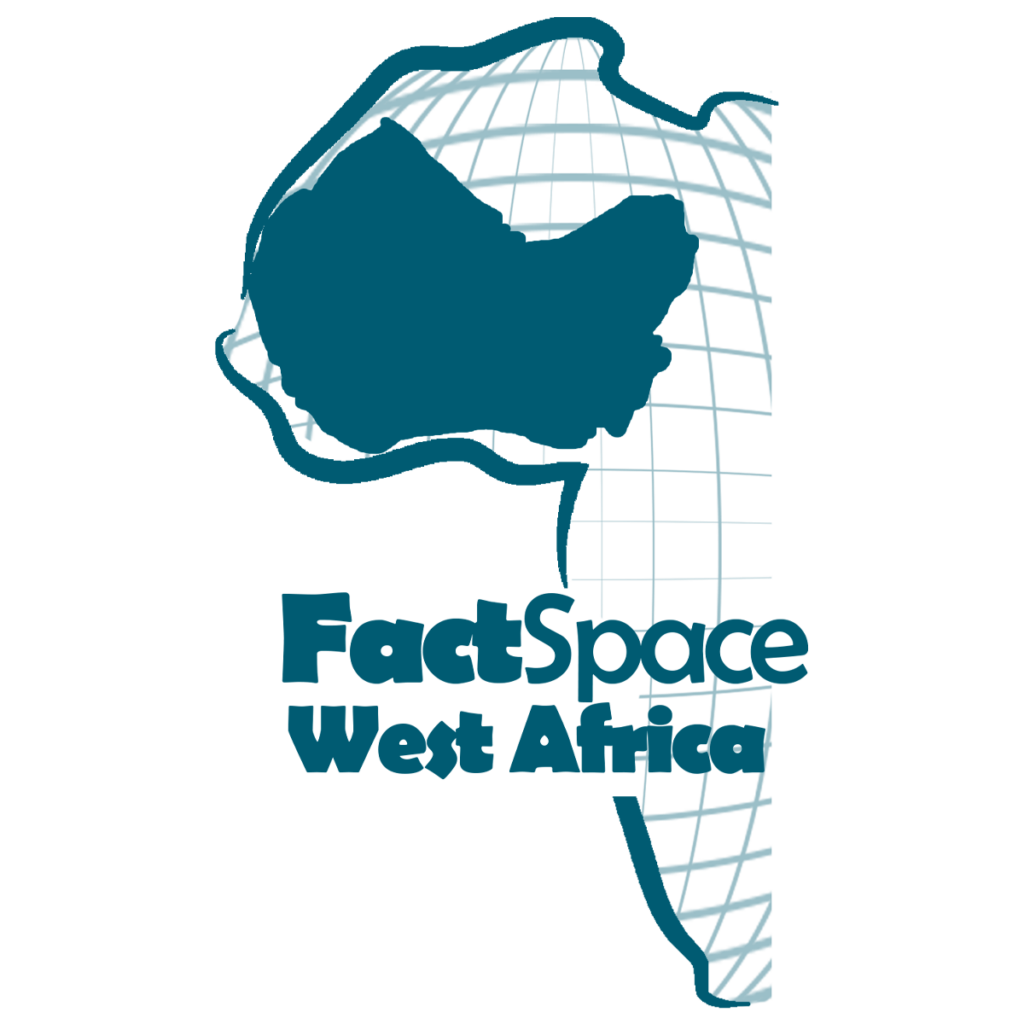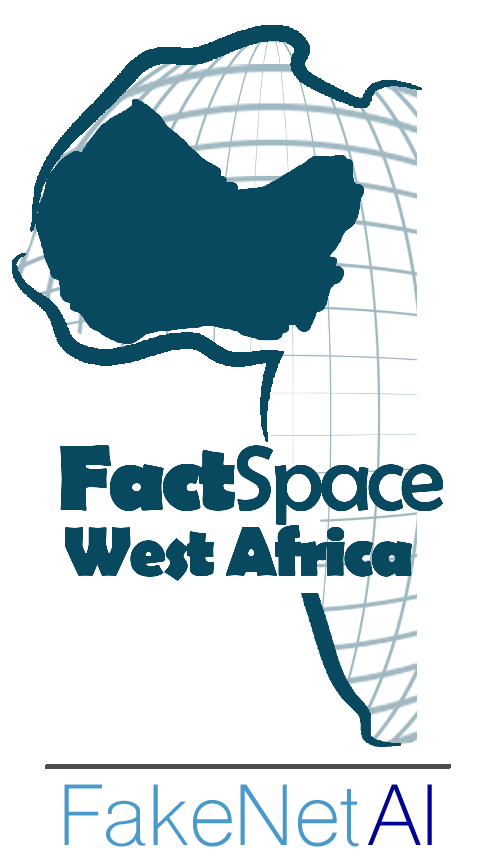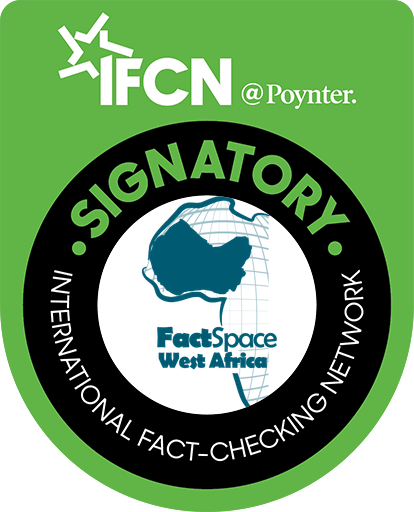Deepfakes, or synthetic media generated through artificial intelligence, are becoming easier to create and more realistic.
There are many apps available for users to create deepfakes, and this has contributed to the rise of deepfakes on the web.
Every few months, a new deepfake is deployed on the internet that looks or sounds more realistic than ever. But with the rise of this new technology comes new possibilities and new concerns.
Deepfake technology can revolutionize the production and consumption of media as we know it, and this can lead to positive as well as negative outcomes.
It is important now more than ever to educate viewers on this technology and its implications.
Tackling deepfakes in Africa
FactSpace West Africa through the GhanaFact project is partnering with FakeNetAI to produce Africa‘s first-ever news section dedicated to deepfake technology and media literacy content.
Our goal will be to educate and engage viewers on deepfake technology so that Africa can be prepared for what is to come.
The project will be launching our first article in the next few days. Subscribe (Click here) to our mailing list for updates!




